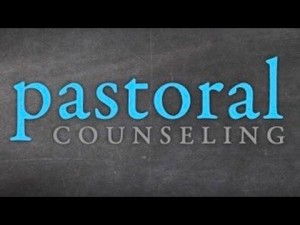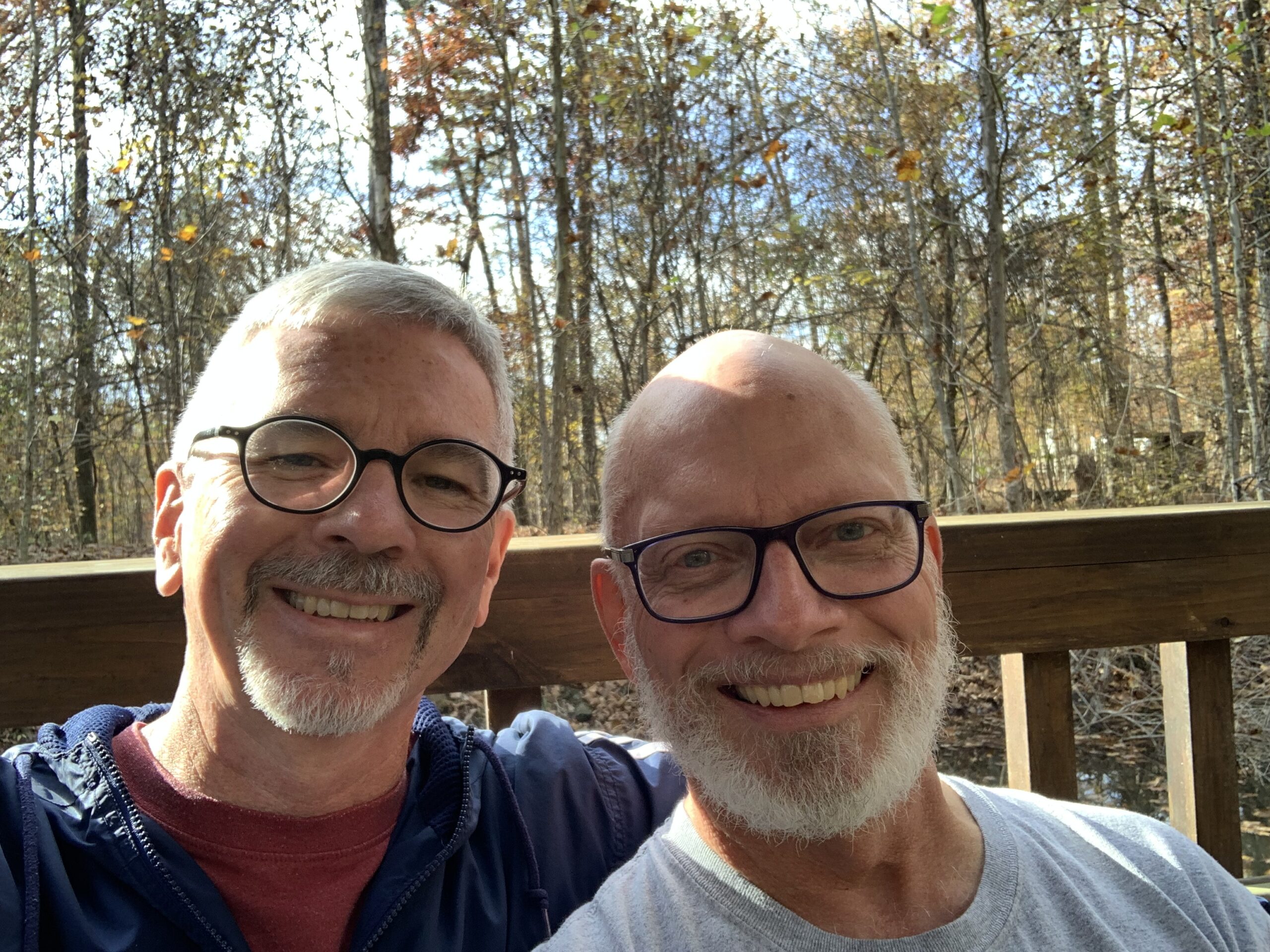
Religious counseling through pastors/church counselors seems to always find a way to hide from legal ethics. There is an entitlement to freedom that lives within it. I’ve heard many pastoral counselors say things like, “We submit to a higher authority and we don’t want to be licensed. We can’t do what we do if we were licensed. The restrictions of professional licensure could prevent us from holding to our biblical standards.”
That is very scary to me!
With church counselors, there is also often a mandate to uphold biblical standards. In some of their counseling cases they could find what they deem sin in the life of their client. So, the counseling office becomes a place of discipline rather than neutral support and counsel. Professional counselors would be obliged to maintain a neutral and supportive relationship with the client. This would be a far different atmosphere for counseling for sure.
One really should never be in a counseling relationship with someone that is their pastor, church leader, or fellow parishioner for more than three sessions. When an individual goes to someone they have a current relationship with for counsel it quickly becomes conflictive for either the helper, or the helpee. These types of dual relationships (a professional term for when the client has a relationship with the counselor outside of the counseling office) are a set up for terrible harm! It creates a conflict of interest at the least and the potential for poor judgment.
This has nothing to do with free speech!
It has a lot to do with the religious system protecting the abuser and not protecting the abused! Far too many times someone goes to the religious counselor from their church to ask about help for having been abused. The abuse may be from a fellow parishioner! For the counselor to truly help their client it would require them to uncover something that may upset the entire milieu of the church community. So, there is a great temptation to attempt to help their church member in ways to avoid uncovering the abuser. Since they are not licensed, there is a perception that they are not subject to the same laws that a licensed counselor would be.
It can really be a struggle for the client in this situation. They may feel fearful of their story being told out of the office, or fearful of being judged or scolded by someone that has been an authority in their life. Or what about the young person going in for counseling from someone that is in a social relationship with their parents? How can a teen fully trust a counselor that plays golf with their dad? Or what about a young woman going to a counseling session with her mom’s bridge club friend? This is likely one of the most significant reasons for someone to seek out a neutral and non-related counselor instead of a pastoral counselor from their church.
Even more potentially threatening is when a young man is having struggles with a sexual matter and his parents arrange for him to go to his youth minister. In this situation, he’s been to summer camps, shared social events with them and knows his parents well. There are all sorts of pitfalls here. Or what about the young lady who has become sexually active and her parents discover her circumstances. The typical church goer might be tempted to take their daughter to the youth minister or women’s counselor at their church. This can be horribly embarrassing, and threatening to this young girl. These types of situations can set a young person up to a life full of shame and unhealthy and shaming attitudes regarding their sexuality and development as a young adult!
Then there is a young couple who are seeking help with their marriage due to one of them having had an affair. I know of someone who was in this very situation. The young woman discovered her husband had had an affair with another church member. When the story came out there was no possible way there could be neutral and helpful counsel for this couple. The man was judged, his wife was pitied and the entire situation involved several members of the church. This should have never been handled through their church counseling office.
I have experienced this myself.
I wanted to sort out some childhood memories that had been troublesome for me. So, I went to a church sponsored counseling center at a church where I knew most of the church members and I’d had a working relationship with the counseling director I had chosen to go to. I didn’t think about the previous relationship or that I knew not only people in the church, but had a relationship with most of the office staff and pastors.
So, as we began to dig into the painful memories I felt some deep emotion beginning to surface. I said to the counselor, “I don’t feel safe enough here to allow these emotions to come up!” I really didn’t understand why I was feeling so distrustful. But the counselor’s response was, “Well, if you can’t trust this process enough then I can’t help you!” I was surprised and felt judged by his response but it wasn’t until years later I figured out what the struggle was based on.
We were meeting in an office next to a hallway where I’d hear people walking by and sometimes even talking with each other. I knew these people! I felt fearful that I’d fall apart and others would be aware of my emotional expressions. And I also never realized that I should have never chosen to go to a church friend, in a church counseling office that was in a church building where I knew everyone!
But something even more significant came up as I thought about the situation. This well educated counselor who had a high level of credentials, should have NEVER allowed himself to be my counselor! He should have known better than to have crossed that line with a church member and friend. I also realized that this counseling center focused primarily on the church members in this church of 4000 people! Almost all of their clients were people they knew and who attended their church.
Sure, they thought they were doing a great thing in providing biblical counseling and care for their church members. But how many of these people were also uncertain as I was and felt fearful and distrustful about their sessions only to feel judged and scolded when their natural inclinations to safety came up?
I was involved in counseling as the director for a recovery ministry. We talked about dual relationships. We were careful to maintain best practices with our counseling relationships such as the requirement to report sexual abuse or broken laws. But what we never took into consideration was that often a client of our program or a one on one counseling client was someone we already knew from our local community or our church.
I can remember times when I was a personal friend of someone that I believed could be helped through our ministry. I’d talk with them and recommend to them that they take advantage of our services. And with some, we experienced some struggles that were an extension of our previous relationship. This was clearly a result of the dual relationship and just plain unethical from the beginning!
I also experienced the entitlement myself of resisting authorities when I was challenged. The mental health authorities questioned us after a very public protest of our ministry. I believed I knew better than professional associations, and I believed I held to a higher authority, meaning God. I didn’t believe that the professionals would agree with our biblical viewpoint and that they didn’t have the same viewpoint due to their secular positions.
In my evaluation of the 20 years I was in leadership of this organization I can now look back and see so clearly how unethical we were in many dual relationships. We were unethical in not allowing the client to self determine their course of action. We certainly were not neutral in the ways we led the client through their journey with us.
Since that time, I had the experience of a three month counseling program with someone that was truly neutral, allowed me to self determine my goals and decisions. I have to say that was one of the most productive things I’ve ever done to help myself find a healthier life.
It’s no wonder that people have so many unresolved feelings as they look back at their counseling situations that were connected to a religious pastoral counselor.
Sure, there is a place for a church led mentoring, Bible teaching, and spiritual development. A church leader can help in exploring the development of a person’s gifts and talent. These are all things that a church mentor can do wonderfully, and should do! But a church pastor or counselor must learn to determine when a life struggle has gone outside of their scope of responsibility or into unethical relationship practices. When it comes to a deep wound, a sexual or intimacy issue, or certainly something like mental illness must all quickly be referred out to those who are trained, equipped, and neutral.

0 Comments